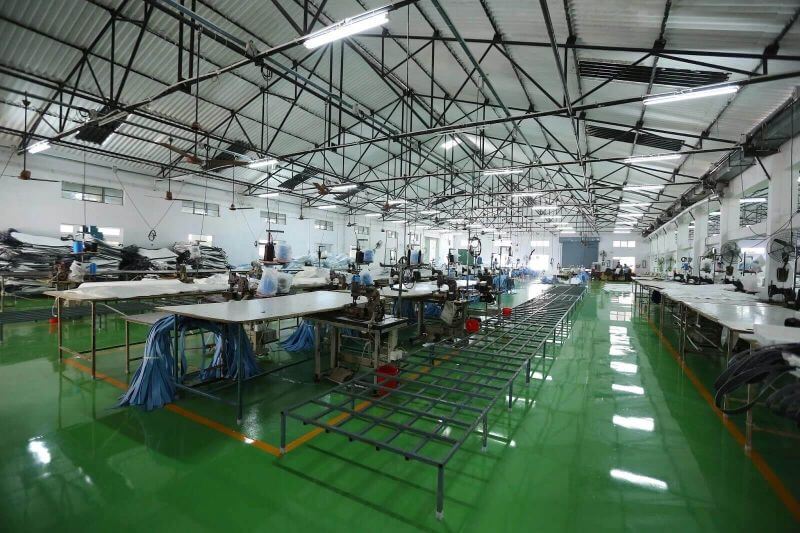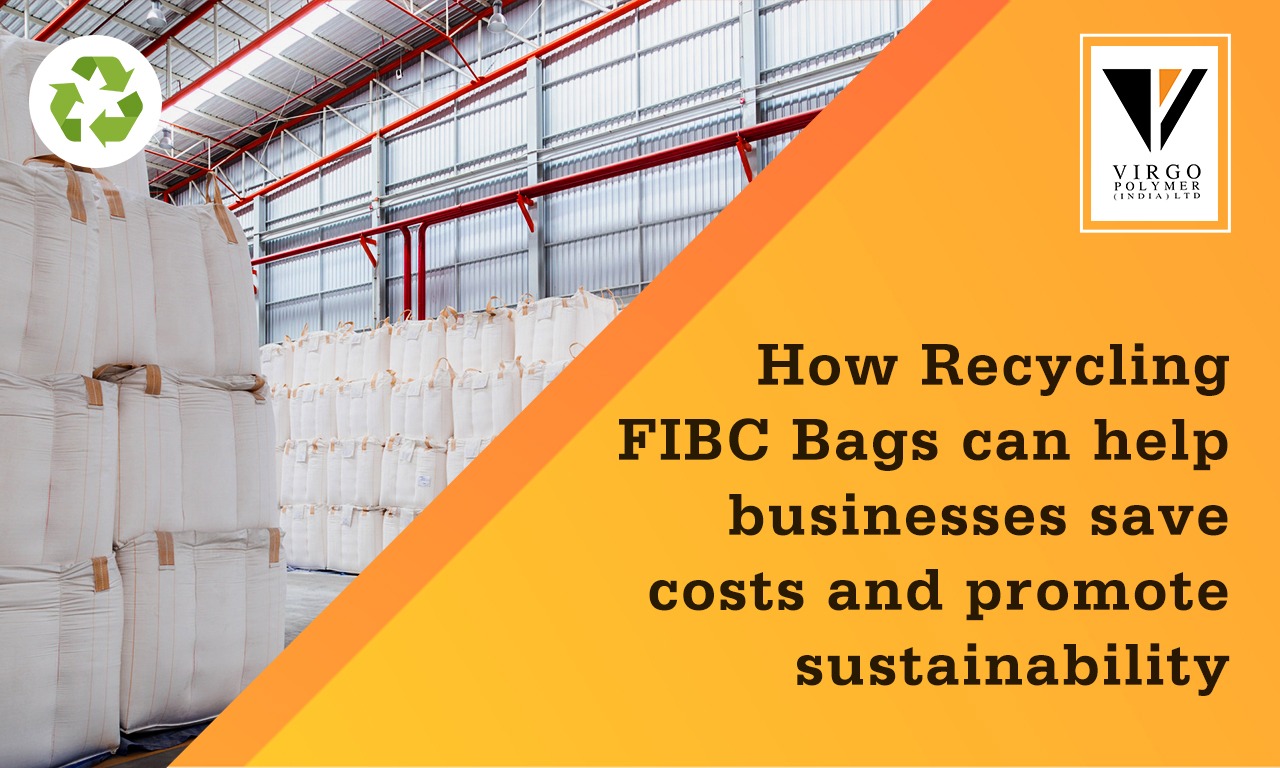



In today's global economy, businesses are increasingly focused on sustainability and cost-saving measures. One area where these two goals intersect is in the recycling of flexible intermediate bulk containers (FIBCs). These large, durable bags are commonly used in industries such as agriculture, construction, and manufacturing for the transportation and storage of bulk materials. By implementing FIBC recycling programs, businesses can not only reduce their environmental impact but also save significant costs in the long run. In this blog post, we will explore the economics of FIBC recycling and how it can benefit your business financially.
The environmental benefits of FIBC recycling are clear – it helps reduce waste, conserve resources, and minimize landfill usage. However, it is equally important to understand the economic advantages it offers. Firstly, by reusing FIBCs, businesses can significantly reduce their packaging costs. New FIBCs can be expensive, especially for companies that require large quantities for their operations. Recycling allows businesses to save on the initial purchase cost by using FIBCs multiple times before they need to be replaced. Additionally, recycling minimizes the need for disposal or waste management expenses, which can be substantial for businesses generating large quantities of FIBC waste.
One of the primary cost-saving benefits of recycling FIBC bags is the reduction in raw material expenses. By reusing FIBC bags, companies can minimize their reliance on purchasing new bags for packaging needs. The recycling process involves collecting used FIBC bags, cleaning and repairing them, and putting them back into circulation. This reduces the need for new bags, which can be expensive, especially when procured in large quantities. By opting for recycling, businesses can significantly lower their packaging costs, resulting in direct savings on their budget.
Disposing of waste, including FIBC bags, can be a costly affair for businesses. Traditional waste management methods often involve paying fees for landfill disposal or incineration. However, by recycling FIBC bags, companies can divert these bags from ending up in landfills, thereby reducing disposal costs. Recycling programs enable the collection and processing of used FIBC bags, giving them a new lease of life. By participating in such programs, businesses can not only save money but also demonstrate their commitment to environmental sustainability.
Recycling FIBC bags can generate additional revenue streams for businesses. Instead of treating used bags as waste, companies can explore partnerships with recycling facilities or waste management companies that purchase or process recycled FIBC bags. These entities may use the recycled material to produce new bags or other products. By selling the used FIBC bags, companies can earn income while supporting the circular economy. This approach transforms waste into a valuable resource, benefiting both the environment and the bottom line.
In many regions, there are environmental regulations and policies in place that encourage or mandate recycling practices. By recycling FIBC bags, companies can ensure compliance with such regulations, avoiding potential fines or penalties associated with improper waste disposal. By proactively adopting recycling initiatives, businesses can stay ahead of the curve and align their operations with sustainable practices. Moreover, embracing environmentally friendly strategies can enhance a company's reputation and attract environmentally conscious customers, leading to potential business growth and market advantages.
To begin a successful FIBC recycling program, businesses can follow a few key steps. Firstly, they need to educate their employees and create awareness about the importance of FIBC recycling and the cost-saving benefits it offers. This can be done through training sessions, workshops, and internal communications.
Secondly, businesses should establish a collection system to gather used FIBCs. This can involve setting up designated collection points within the organization or partnering with recycling companies that provide collection services. The collected FIBCs can then be sent to specialized recycling facilities, where they are cleaned, repaired if necessary, and returned to circulation.
Lastly, businesses should maintain records of their FIBC usage and recycling efforts. This allows them to track cost savings, evaluate the effectiveness of their recycling program, and make any necessary adjustments to improve efficiency.
Recycling FIBC bags present a win-win situation for businesses seeking cost-effective solutions and a greener future. By reducing raw material costs, lowering waste disposal expenses, and exploring potential revenue streams, recycling can have a significant positive impact on a company's bottom line. Additionally, adhering to environmental regulations and improving brand reputation contribute to long-term success.
Recycling FIBC bags not only saves money but also promotes sustainability by reducing waste and conserving resources. By adopting recycling practices, businesses can be at the forefront of the circular economy and contribute to a more sustainable and prosperous future for all.
At Virgo Polymers Sustainability is our Commitment to a Cleaner and Greener Future
We are a leading FIBC manufacturing company where we demonstrate our commitment to sustainability by implementing a robust recycling program for FIBCs, ensuring a circular economy, and minimizing environmental impact.
Contact us to know more @ Mobile: +91 90030 48815 Or email us at info@virgopolymer.com
